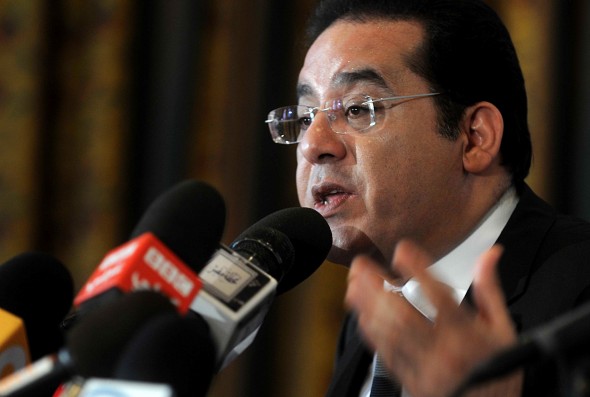Syrian government is mobilising troops on several fronts: Opposition
US and Russian foreign ministers have spoken in favour of launching intra-Syrian…
Opposition figure Ayman Nour denied entry to Egypt
State Litigation Authority, on behalf of foreign ministry, appealed court decision obliging…
Montenegro’s fractious opposition takes to the streets
Around 3,000 people protested in Podgorica against the government of Milo Dukanovic.…
Egyptian elections to yield president-friendly parliament
Egyptian elections will give the country its first elected parliament in over…
6 April leader arrested in Menufiya
General Coordinator Amr Ali was arrested on basis over unknown charges, the…
Burundi opposition leader wins top position in National Assembly
In a surprise vote, Burundian opposition leader Agathon Rwasa was voted in…
Terrorism empowers ‘military dictatorship’: Political opposition
Latest incidents put opposition in division crisis, says Revolutionary Socialists group
Syrian opposition representatives in Cairo agree outlines of transitional period
Code of conduct was developed during two-day conference in Cairo
3 policemen referred to trial over torture accusations
Detained man was allegedly beaten to death in police station







